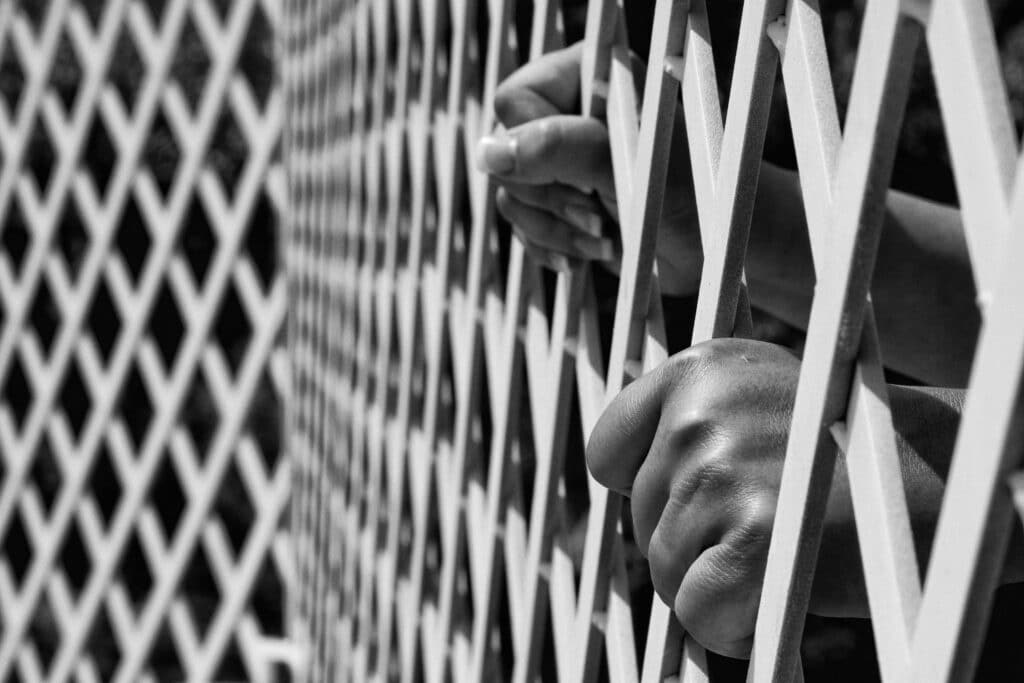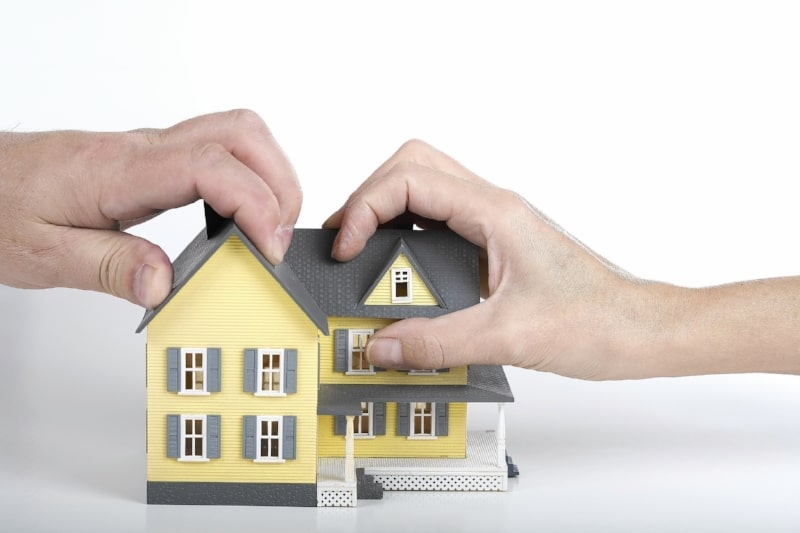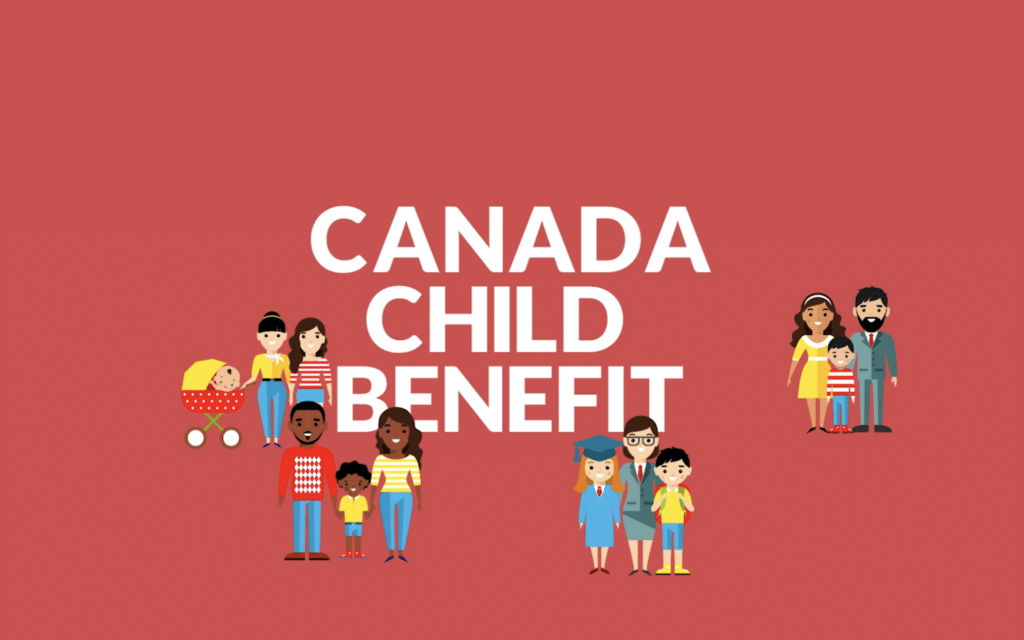Bankruptcy
The New Debtor Prison
We have found that a new form of debtor prison exists and this is due to excessive phone calls, emails, text messages and mail from creditors and collection agencies. These tactics can leave a person feeling afraid to answer their own phone and for some, it can cause undue stress and anxiety which can negatively affect their everyday life and ability to function at work.
Read MoreWhy People Delay Getting Help With Their Debt
The longer an individual waits to get help with their finances, the harder it is to help as the number of options is greatly reduced. By the time most consumers come to us the only choices left are to file personal bankruptcy or consumer proposal. If you are starting to struggle financially reach out for professional assistance before things get beyond your control.
Read MoreBankruptcy: My Name is Still On My Ex-Spouse’s Home
To get your name off of the mortgage, your ex-spouse will have to qualify for the mortgage, on his or her own name, when the mortgage comes up for renewal. Whether or not they qualify is up to their financial institution.
Read MoreCan I Go Bankrupt If My Debts Are The Result of Gambling?
For individuals who are problem gamblers we strongly recommend other counselling to help address the addiction. Personal bankruptcy may provide short-term financial relief but cannot resolve the issue of gambling unless it is combined with other treatment.
Read MoreWill I Lose My Canada Child Benefit (CCB) If I File For Bankruptcy?
The short answer is no, you will not lose your Canada Child Benefit (CCB) if you decide to file personal bankruptcy. While your CCB will not be affected by bankruptcy, you are required to report your CCB when calculating and reporting your household income. These monthly reports will determine whether or not you have “surplus income”, which in turn will impact how long you are in bankruptcy and how much you will be required to pay.
Read MoreYour Credit Report After a Bankruptcy or Consumer Proposal
Debts included in a bankruptcy should be rated as R-9 or I-9, indicating written-off, and the outstanding balance should be reported as zero. There should also be a note indicating “included in bankruptcy” below the trade line for the corresponding creditor. Debts included in a consumer proposal should be rated as R-7 or I-7 and the outstanding balance should also be reported as zero.
Read MoreDebts Owing to the Canada Revenue Agency
Many people believe that debts owing to CRA will never go away. That is not necessarily the case, particularly when an individual goes bankrupt or files a proposal under the provisions of the Bankruptcy and Insolvency Act (“BIA”). However, prior to file personal bankruptcy or a consumer proposal, CRA has some significant legislated powers to collect debts.; including garnishing paycheques, seizing bank accounts.
Read MoreHow to Avoid Bankruptcy
You can’t go bankrupt if you have no debt! Bankruptcy is a relief valve for people and companies who find themselves unable to cope with overwhelming debts. Bankruptcy is not necessarily the only option for resolving debts, but the availability of other options depends on individual circumstances. The sooner you identify and get assistance with your debts, the more options you have.
Read MorePersonal Bankruptcy in 12 Steps
Recognize the Problem, often the most challenging step as it requires that you admit that you are having financial troubles beyond your control and need help. Contact a Licensed Insolvency Trustee, the Trustee will provide a free confidential consultation and review your financial situation and discuss your options.
Read MoreFiling Your Income Tax Return After Bankruptcy
As part of the bankruptcy process, your Licensed Insolvency Trustee is required to file your income tax return for the year of bankruptcy and any returns that came due during the calendar year prior to bankruptcy. Any tax refunds for either of these periods will come directly to your bankruptcy estate for the benefit of the unsecured creditors.
Read More









